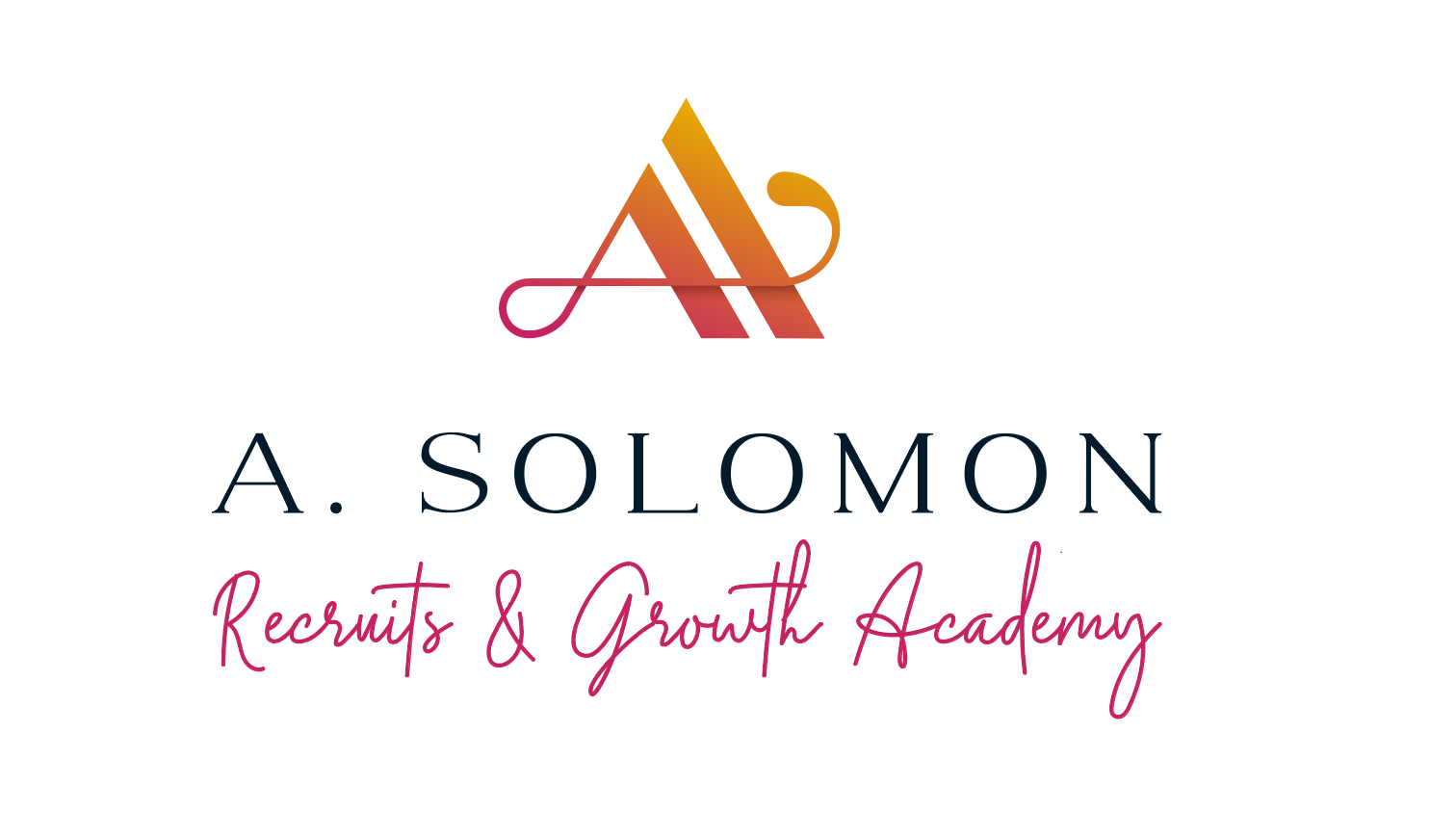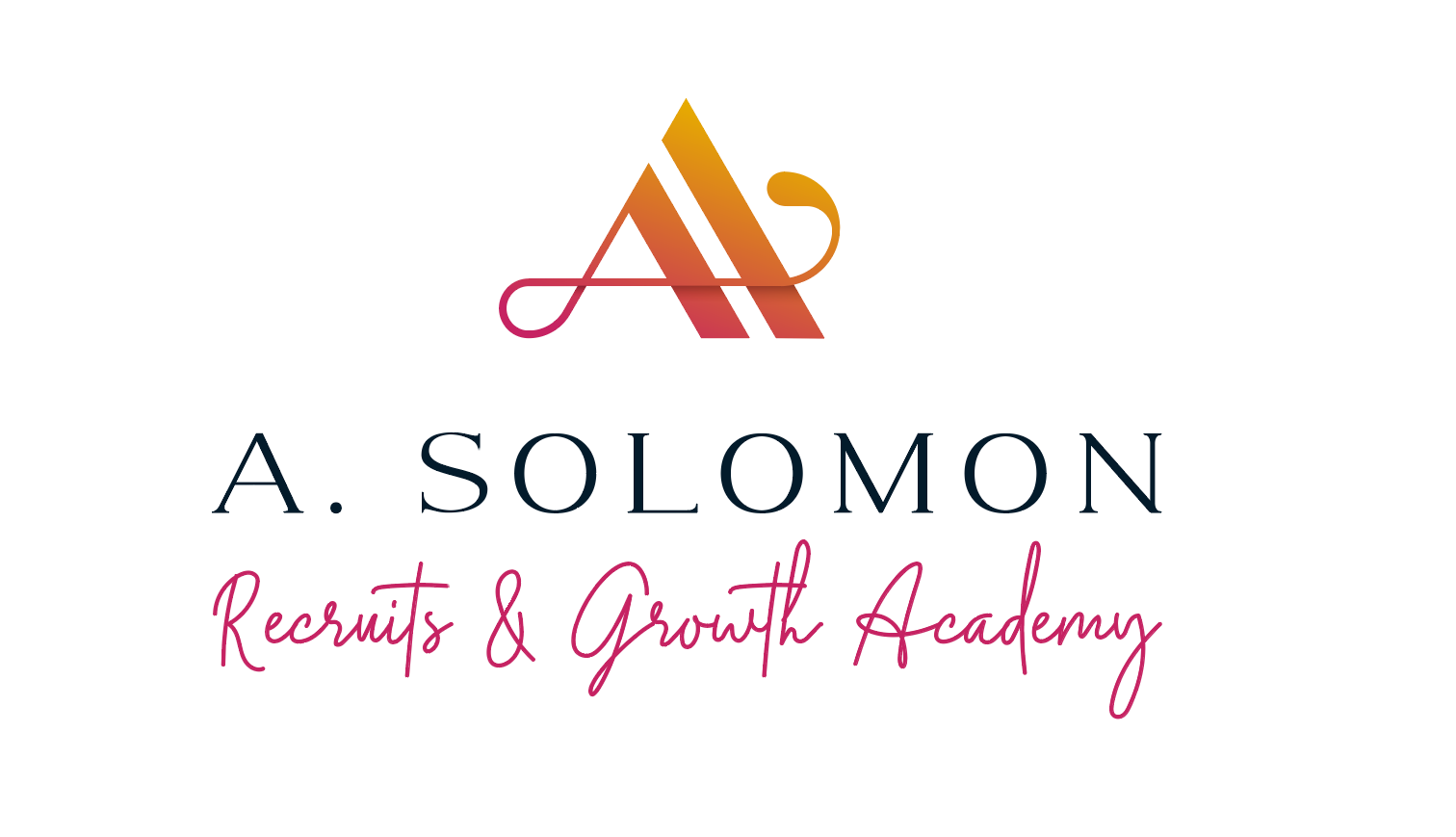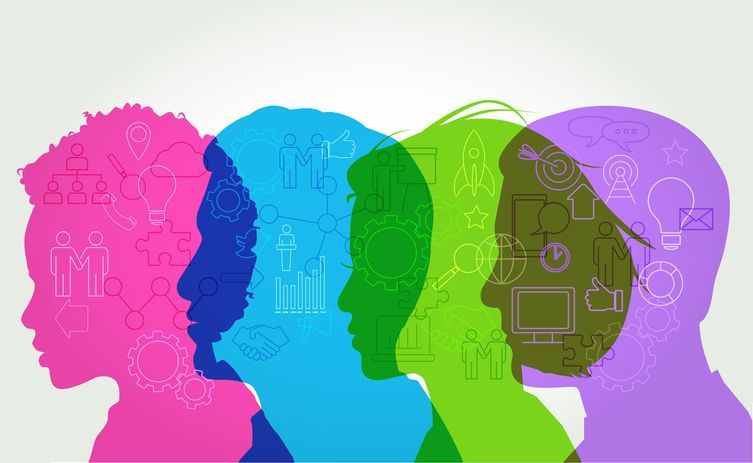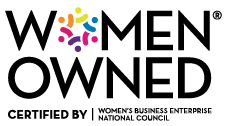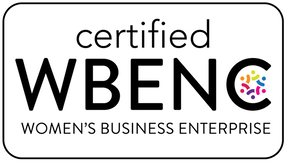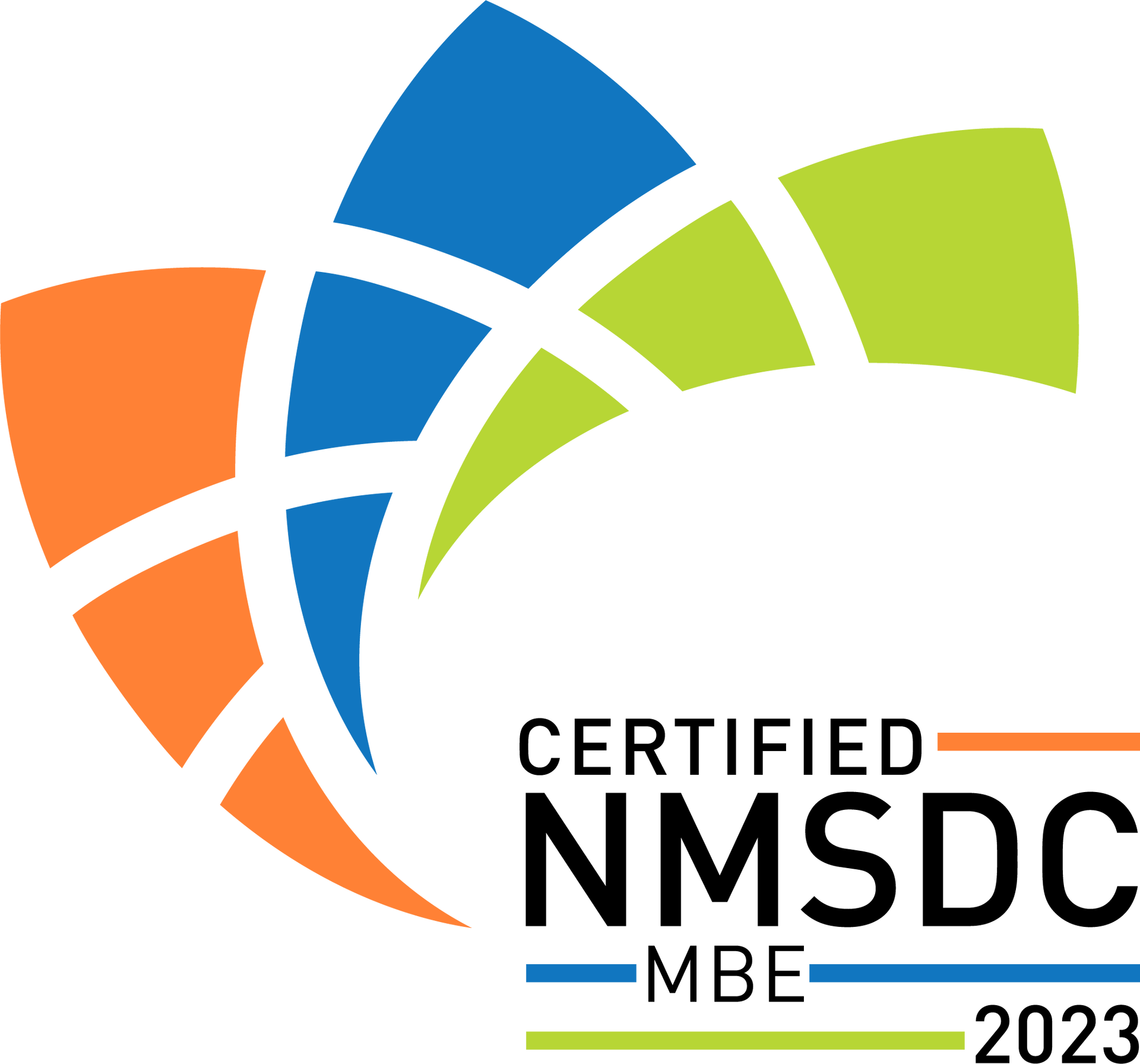“The Likening Factor”: Part One
I read a thought provoking article in Raconteur titled, Is Silicon Valley using cultural fit to disguise discrimination? The author is a former wifi engineer named LeRon Barton, who is so perturbed by the tech industry's discriminatory practices, that he is no longer there, yet chronicles his workplace experiences hoping to be a catalyst towards change. In this article Barton says, "When companies say ‘culture fit’, that means they are looking for a particular person they can personally identify with." How tech companies freely wield the term "cultural fit" is code for "not-a-chance-if-you-look-or-act-nothing-like-me," which in turn continues a vicious circle of racism, sexism and every other -ism of workplace discrimination there is. It is also an excuse for hiring managers to say there's not enough qualified diverse talent for roles. Many of these occurrences may not be happening out of maliciousness, and are not being recognized as patterned behavior but they are happening.
Even industries such as Silicon Valley, which is specifically known for its sprawling state of the art campuses and touting of work/life of comfort and accessibility for their employees, still remain lightyears behind when creating true diverse representation. Other top tech industries stats include: Apple at 12% Latino and 9% black, Facebook being at 3% black and 4% Latino, Google at 2% black and 3% Latino, but the list goes on. This read is spot on and definitely resonates with me (African American) as a diverse staffing executive and business owner when I myself, try to get in the door to work with companies. As well as my diverse talent pool of quality and qualified candidates, who struggle for a seat at the table of opportunity. This story is easily transferrable to Wall Street; it may be a different zip code or a place with number geniuses, clever trades, innovative banking and technology infused financial tools but it's big money and big business nonetheless. It's a work setting where "cultural fit" is constantly used to dismiss qualified diverse candidates and where lack of diverse talent justification is constantly accepted without question.
Let me tell you a story that is lock-in step with Barton's article and experiences, one I've heard and experienced myself pretty often over the years. It has been and still is when I present diverse candidates to my Wall Street Clients. I submitted a minority male sales candidate to a potential client, [who will remain anonymous but will be called Candidate A] Candidate A: solid working background, great schooling, definitely presentable and articulate. After his interview here's the feedback I got: "He's full of himself... Overly confident and too cocky." Here's another story: I submitted a minority female for a role with another potential client; she had a strong working background, great schooling, brilliant, checked off 90% of the job qualifications needed. Apparently, "She was too arrogant" and "she wouldn't be a real team player." If I had a dollar for every story - I would be loaded. I know all interviews are subjective and different. And, sometimes its honestly not a fit but more too often its also the "likening factor" that rules candidates out. Honestly, when I submit white counterpart candidates, whose experience exactly aligns with minority Candidates A and B mentioned I get rave reviews which often move forward in the interview process and results in a hire. You tell me what's wrong with this picture. It is exactly what Barton speaks about. Cultural fit and likening wields its ugly discriminatory head, cut the knees of D&I initiatives, and progress for racial and gender equality.
How can we expect people to bring their true selves to work when they can't even bring their true-selves to the initial interview? Sounds almost utopian but this is just not the case, and we are not there when it comes to Wall Street or Technology for that matter. As a career coach, I even talk about people being able to bring their true-selves to their workplace for greater professional results, but let's be real, the "likening factor" seems to squash true plurality of ideas and diverse representation of ALL people. As an interview coach, I was taught for candidates to "liken" themselves to their interviewers at all times for great results, and it smacks the face of anything diversity and inclusion if the people in charge of hiring are nowhere near relatable. In the article, Barton speaks about a fellow tech colleague, Paul Clark, who works in principle user experience at Dell. Clark recalls a workplace interview when his taste in music was queried: “One guy asked me if I liked Radiohead? Personally I find them to be criminally overrated, so I said no. You could then see the guy’s facial expression that he was no longer interested in me as a candidate. I think cultural fit is code for ‘will you be my bro?’
How do we cure this? Yes, with some unconscious bias workshops and days of understanding such as what KPMG sponsored is a start. It's important to bring stories like Bartons to life and discuss what exactly is going on when it comes to "Cultural Fit" and what I call the "Likening Factor."
I am someone who sees incredible potential and opportunity in places where some people don't think to look. Minorities and women are still marginalized in the working world. As owner of a diversity staffing boutique, my team and I walk alongside our Clients in creating professional environments that are truly for ALL. I believe in our interconnectedness as a human race and strive every day to use my gifts to empower the workplace’s invisible and powerless. I rarely bet on certainty and always root for the underdog because, after all, those are the best stories to tell.
Hi there! Thanks for reading! Follow Angela Solomon on her social profiles! | LinkedIn: /ASolomonRecruits | Facebook: @ASolomonRecruits | Instagram: @A.SolomonRecruits | Twitter: @AS_Recruits | Pinterest: @AS_Recruits

